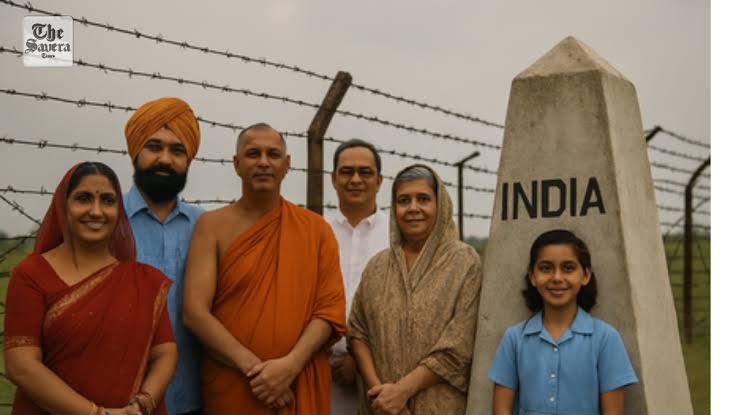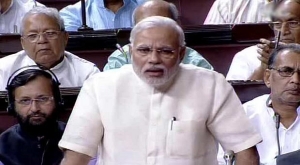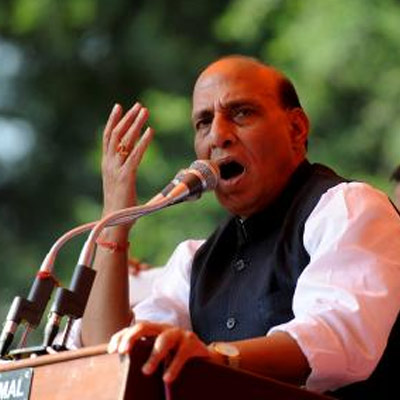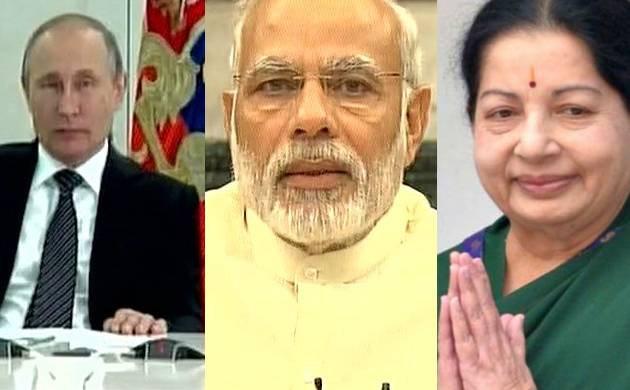India Grants Stay Rights to Non-Muslim Minorities from Pakistan, Bangladesh Without Proof under New Law

India Grants Stay Rights to Non-Muslim Minorities from Pakistan, Bangladesh Without Proof under New Law In a significant humanitarian development, the Indian government has announced that non-Muslim migrants from neighboring countries—including Pakistan and Bangladesh—belonging to six specific religious minority groups will be permitted to stay in India even without valid travel documents. The measure, introduced under the recently enacted Immigration and Foreigners Act, 2025, marks a notable shift in immigration policy, emphasizing refuge over restriction. According to the announcement, the affected communities include Hindus, Sikhs, Buddhists, Jains, Parsis, and Christians who entered India on or before December 31, 2024. Under the new provisions, individuals without valid passports or travel documents—or whose documentation has expired—will be exempt from penal action under Indian law. The policy move offers much-needed relief to persecuted minorities fleeing discrimination in their home countries. In states such as Maharashtra, many migrant families who had been living in uncertainty due to expired or missing passports have found respite, with humanitarian organizations welcoming the measure as a compassionate recognition of their plight. However, the announcement has also sparked strong protests in Assam, where the issue of migration remains highly sensitive. Opponents in the state argue that allowing undocumented entry and stay, particularly without proof, might exacerbate local resource constraints and tensions, potentially unsettling Assam’s fragile demographic equilibrium. Political and civil society groups in the region have voiced apprehensions about the long-term social and economic impact of the decision. Home Minister Amit Shah, the key proponent of the new legislation, defended the government’s approach. He reiterated that the law provides protection without undermining national security and asserted that the measures were framed with both “compassion and alertness,” reflecting India’s long-standing tradition of offering sanctuary to persecuted minorities. He emphasized that the government is committed to balancing humanitarian obligations with the protection of India’s borders. Nevertheless, critics argue that the policy further entrenches religious distinctions in immigration law, potentially creating disparities between religious groups. The exclusion of Muslim migrants—who do not benefit from this exemption and may still face legal consequences—has raised concerns about equity and India’s secular commitments. Some opposition leaders and rights activists fear that such provisions could deepen divisions within Indian society. Summary of Key Points: • Who benefits: Non-Muslim migrants (Hindus, Sikhs, Buddhists, Jains, Parsis, Christians) from Pakistan, Bangladesh, and Afghanistan. • Conditions: Eligible if entered India on or before December 31, 2024, regardless of documentation status. • Legal basis: Immigration and Foreigners Act, 2025. • Support: Families, NGOs, and migrant communities see it as humanitarian relief. • Opposition: Protests in Assam and criticism from rights groups regarding exclusion of Muslims. This policy underscores the complex balance in Indian immigration law—protecting some persecuted groups while excluding others, reflecting ongoing debates about religion, rights, and refugee protection in the country. India’s New Immigration Rule Sparks Debate The Indian government has announced that non-Muslim minorities from Pakistan, Bangladesh, and Afghanistan—Hindus, Sikhs, Buddhists, Jains, Parsis, and Christians—who entered India before December 31, 2024, can stay without valid documents. This move is being hailed as a humanitarian step for persecuted communities. However, protests have erupted in Assam and other regions, with critics raising concerns over exclusion of Muslims and demographic impact. While supporters call it a compassionate measure, opposition leaders argue it challenges India’s secular principles. The debate highlights the sensitive balance between national security, refugee rights, and humanitarian responsibility.




